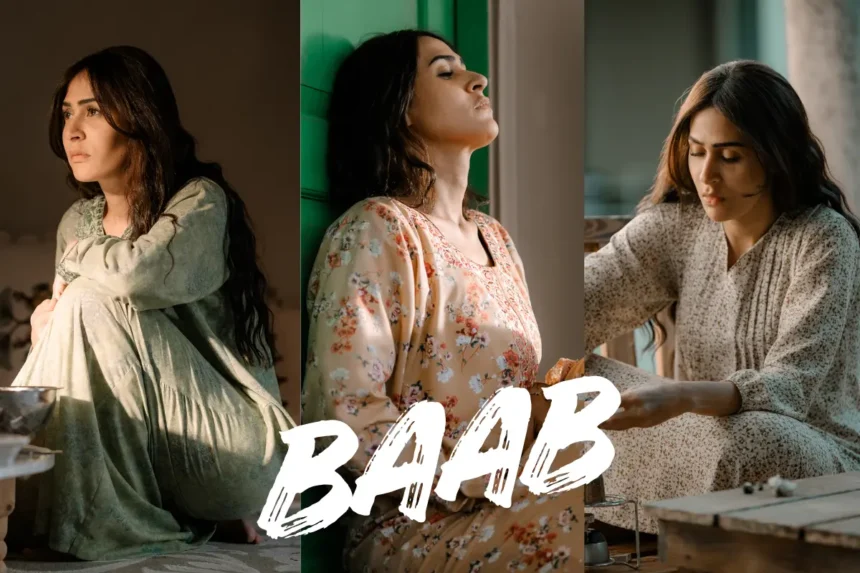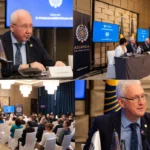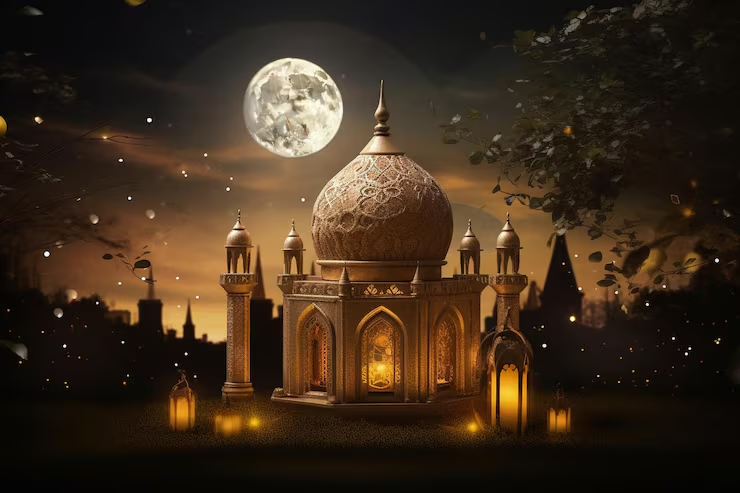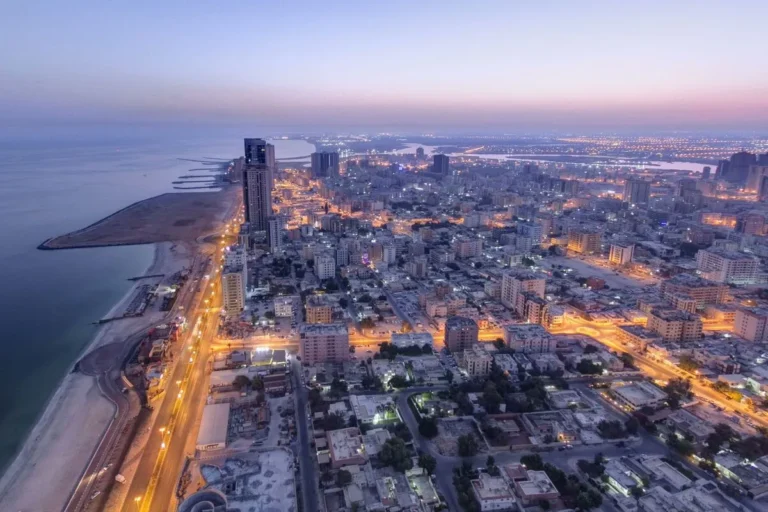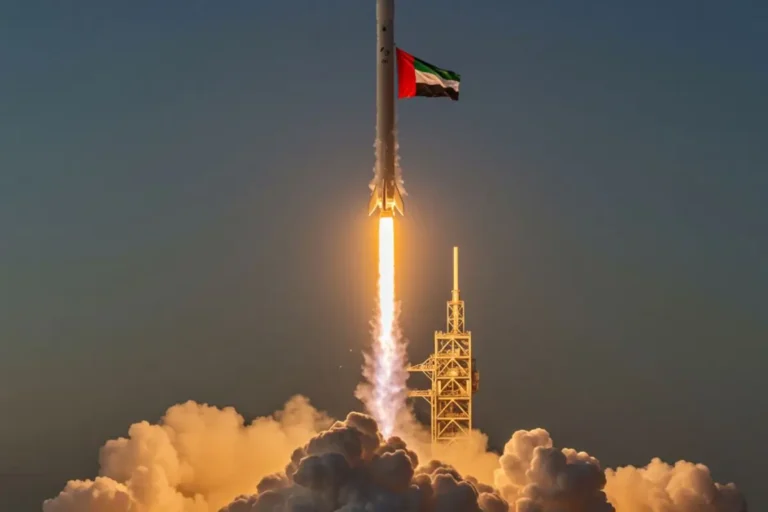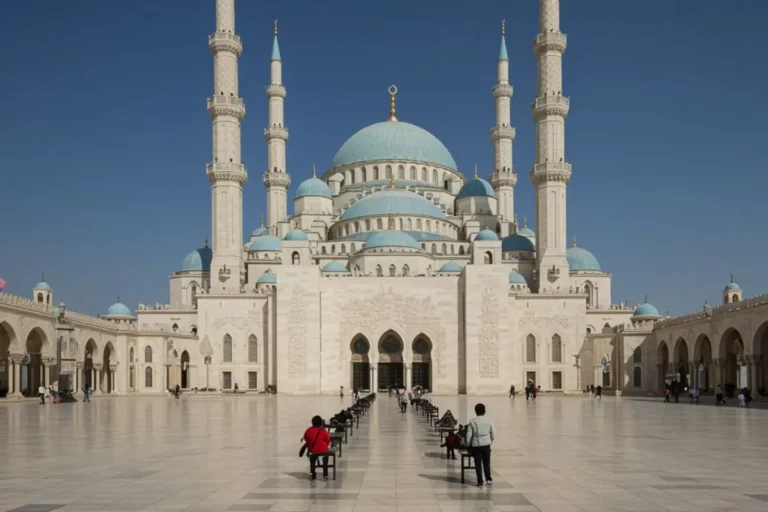Nayla Al Khaja’s BAAB, being the first Emirati feature film directed by a woman to open at the Cairo International Film Festival, the UAE has now ascended to a higher plane in the global film industry. The psychological drama highlights the skill of the Emiratis in narrating excellent stories, and at the same time, it is a bold step for women in Arab cinema.
The production of Nayla Al Khaja’s BAAB was supported by the UAE Ministry of Culture’s National Grant for Culture and Creativity along with Sultan Saeed Al Darmaki’s co-production. The film’s inclusion in the Cairo International Film Festival is an indication of the UAE’s creative sector gaining more strength and its international presence getting larger.
Nayla Al Khaja, the UAE’s first female director and producer, described the film as a very emotional journey across sorrow and imagination. She expressed that the moment is not only very important for her but also for all the Emirati filmmakers who are fighting to get local tales heard worldwide.
“It is much more than a premiere; it is the acknowledgment of Bahraini voices on an Arab and international platform,” she said.
A Psychological Tale Set in the UAE Mountains
Nayla Al Khaja’s BAAB is a psychological drama dealing with women’s issues that is set in the isolated mountains of Ras Al Khaimah. The narrative is about a lady who is seized by the death of her twin sister. Her mourning takes her over to the extent that the past and present are intermingled with her dreams, and slowly she loses track of what is real and what is not. The mountains and the stillness are regarded as the main elements of her passage through pain and healing.
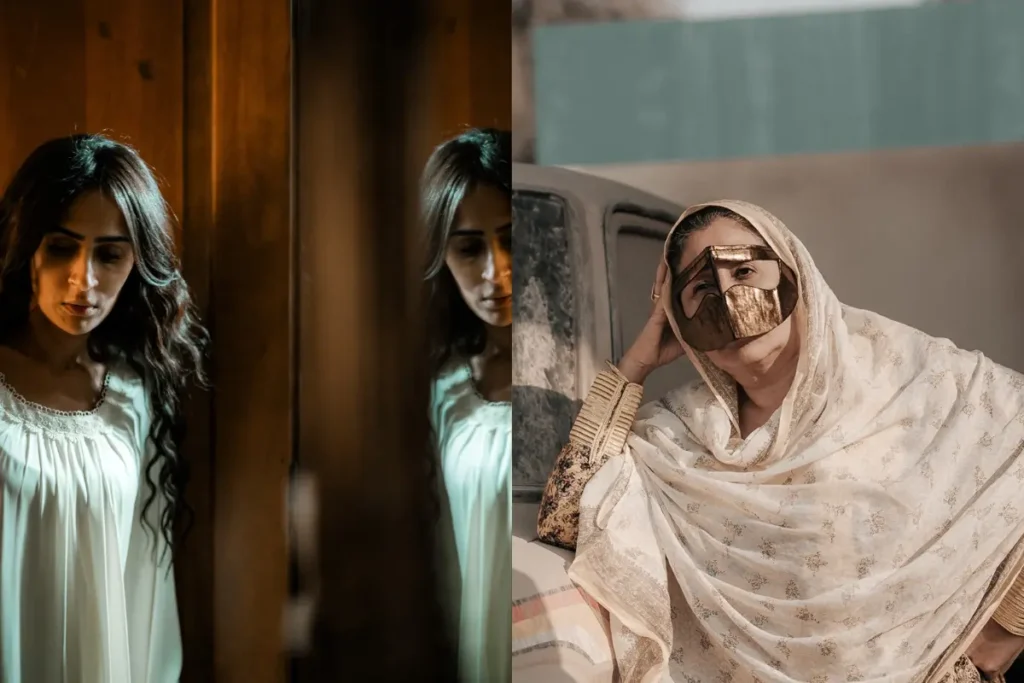
The movie dives into the very core of the human experience with pain and loneliness and applies sound and silence as emotional accessories. The audience is given this traumatic experience that tells them how mourning changes the human mind and consequently one’s perspectives on life and death are affected.
Nayla Al Khaja’s BAAB has made a big impression at its world premiere in Cairo International Film Festival not only through its plot but also through its artistic direction.
Global Collaboration and Emirati Creativity
Nayla Al Khaja’s BAAB is backed by a team of first-rate professionals who combine local talent with international know-how. Oscar-winning composer A.R. Rahman composed the score for the movie which was his very first Arabic film project. The enhanced power of music in the movie has been conveying the emotional aspect of the film going from the very sound of sorrow to silence.
The camera has been skilfully used by the Dutch cinematographer Rogier Stoffers who has already shot films like Quills and School of Rock for capturing the desert of UAE. The play of light and shadow on the mountains by his cinematography gives the film a unique but impressive visual identity.
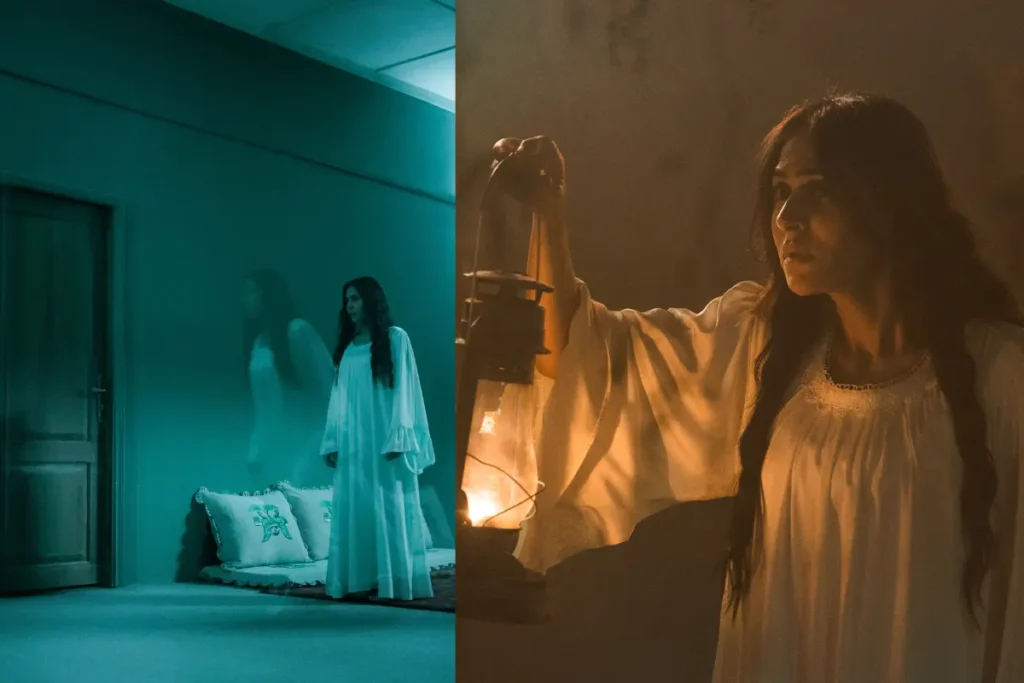
The movie is produced by Sultan Saeed Al Darmaki, Nayla Al Khaja, and Jude S. Walko. It took place entirely in the UAE. Over 140 professionals were involved in the project, including 20 Emiratis who took up essential creative positions. The production moreover symbolizes a cultural bridge that links the regional heritage and the global filmmaking standards.
After its worldwide premiere at the Cairo International Film Festival, Nayla Al Khaja’s BAAB will be released in early 2026 across MENA regions in a very wide distribution by VOX. The film also has the honor of being one of the biggest independent Emirati feature releases ever in the region.
A Cultural Landmark for Emirati Cinema
Winning the César award at the Cairo International Film Festival is not only a personal victory for Nayla Al Khaja, but also a strong signal of the changes happening in the Emirati cinema that is slowly but surely obtaining its distinct voice and getting the nod from the world. The offering of cultural based original stories by the Emirati filmmakers to the world will directly proportionate to the films like BAAB making a significant contribution to the forging of the UAE’s artistic identity.
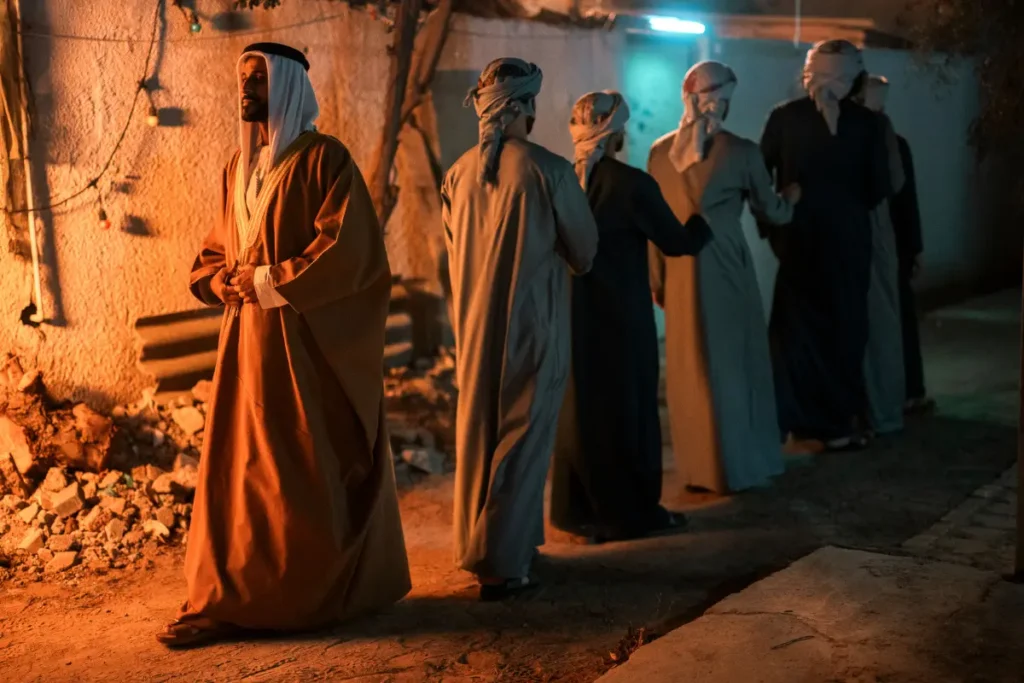
Nayla Al Khaja’s BAAB is an emotionally charged film that uses the least means to express its emotions. It’s a way of indicating that the UAE’s tales can reach the hearts of people living in faraway places. The movie has got global collaboration, strong storytelling, and emotional depth, thus it is a landmark for the developing film industry of the country.
Also Read: Dubai Hosts Fourth Asgardia Executive Congress, Uniting Visionaries For Humanity’s Future in Space


